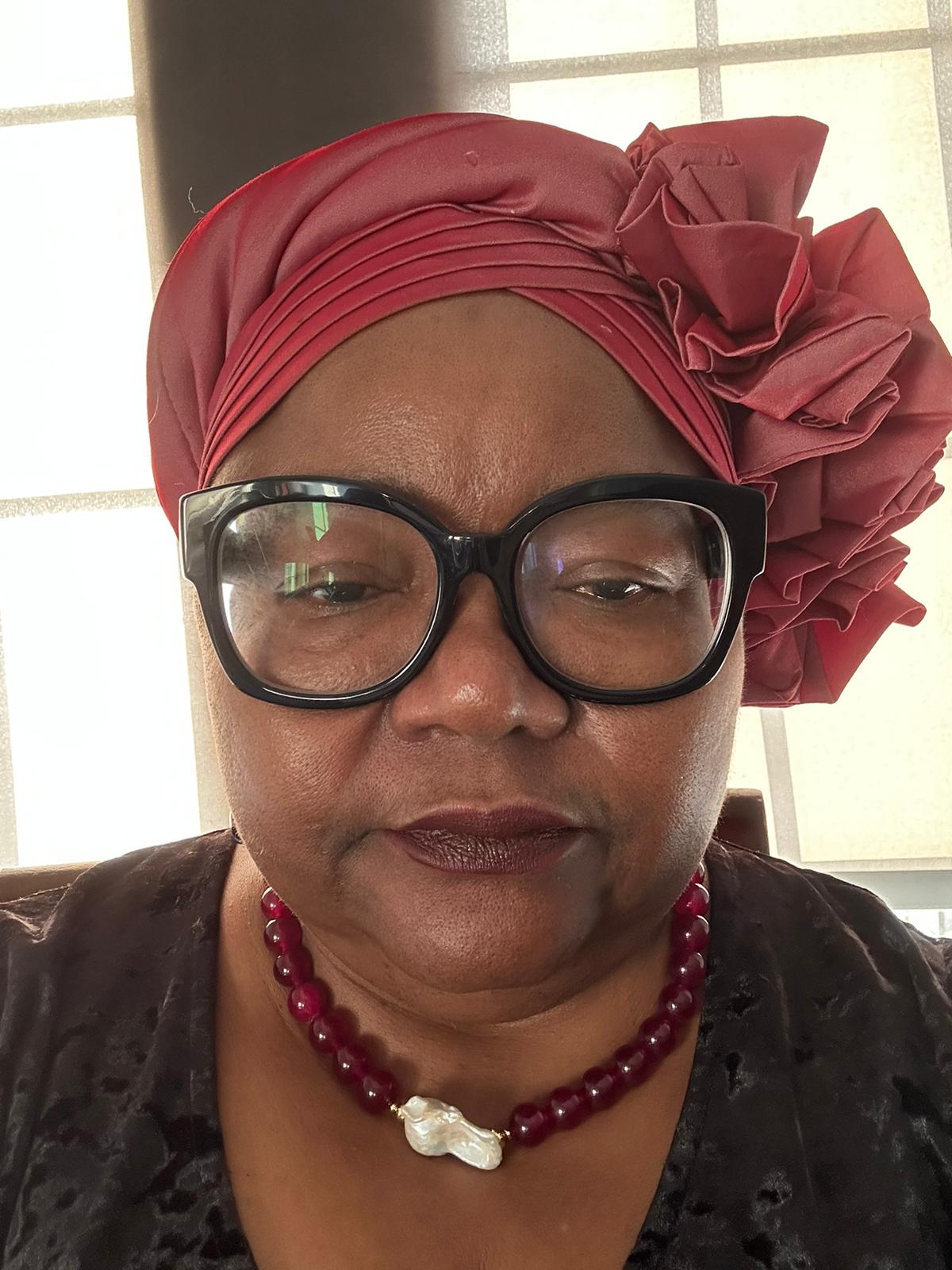#SomberTuesday! There are still lawsuits over the management of the elections and the results. There is also clear evidence that INEC is not trusted to deliver free and fair elections. The electorate was promised that the use of technologies including the Bivalent Voter Accreditation System (BIVAS) and INEC Result Viewing Portal (IRev) would prevent electoral fraud but they did no such thing.
Electoral violence, voter suppression, voter intimidation, and allegations of electoral manipulation as well as fraud further erode the freedom and fairness of Nigerian elections. The Minister for Information was also reported to have claimed that election results were not uploaded on IReVs due to fears of cyberattacks. This contradicts INEC’s previous explanations that attributed the failure to technical glitches. Who should the public believe?
The currency scarcity did not eliminate vote buying, and the cashless economy remains fraught with transfer problems. How much longer will the Naira scarcity last? Economic development remains elusive.
Many youths are frustrated and angry about our political, economic, and social shortcomings. Nigeria has an oligarchic gerontocracy in a poor country with the youths as majority of its population. Under such conditions, the prospects for genuine democracy are murky at best. Insecurity continues. Weak political institutions, inadequate infrastructure, high unemployment, and
underemployment, lack of decent jobs for the majority of Nigerians, and inadequate social safety nets all continue to be significant challenges.
Nigerians want democracy and economic development, personal and human security, and a country that works for all. #EndSARS youth protesters participated robustly in the elections. However, their call for good governance, an end to police brutality, extortion, impunity, economic inequality, marginalization and targeting of youths and other minorities, and political violence remain unfulfilled. Two years on, Nigeria should remember that violent attacks on peacefully demonstrating youths at #LekkiTollGate & other locations are unacceptable in a democratic country. We must collectively work at achieving our collective objectives of both democracy and development.
#NigerianWomenArise #EndPoliceBrutalityinNigeriaNOW #EndSars #EndSWAT #EndImpunity.
I reiterate the importance of Howard Zinn’s statement as relevant to building a democratic political system in Nigeria: “Civil disobedience, that’s not our problem. Our problem is that people are obedient all over the world in the face of poverty and starvation and stupidity, and war, and cruelty. Our problem is that people are obedient while the jails are full of petty thieves, and all the while, the grand thieves are running the country. That’s our problem.”
I also repeat: Let the kleptocrats give back our stolen wealth so that we can fix our infrastructure, schools, hospitals, and also offer worthwhile social protection to our people. Let the masses enjoy the full benefits of citizenship in Nigeria. Let the leaders and political class repent and build peace with justice.
This is no time for politics as usual. The people elected should be those trusted to bring justice, equity and human security to the entire country, not expedient, unethical, and egocentric individuals determined to dominate for self aggrandizement or sectional gain. We don’t need oligarchs’ continued domination. We also need a government that puts the interests of majority of citizens first.
Prof. Mojúbàolú Olufúnké Okome is a professor of political science at Brooklyn College in New York.





